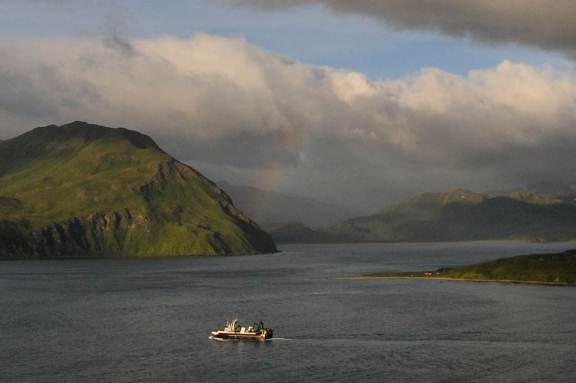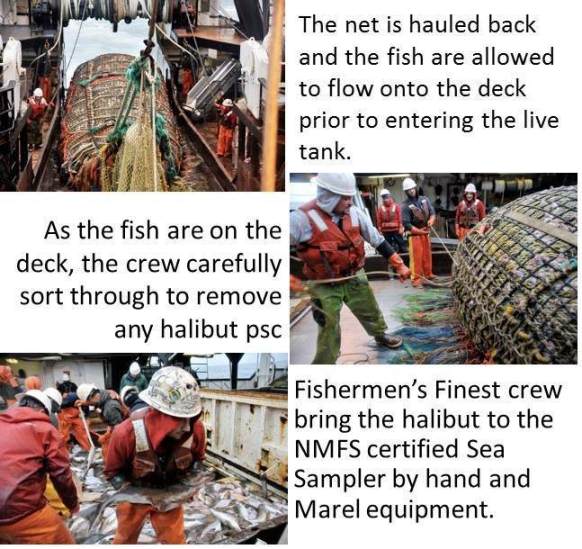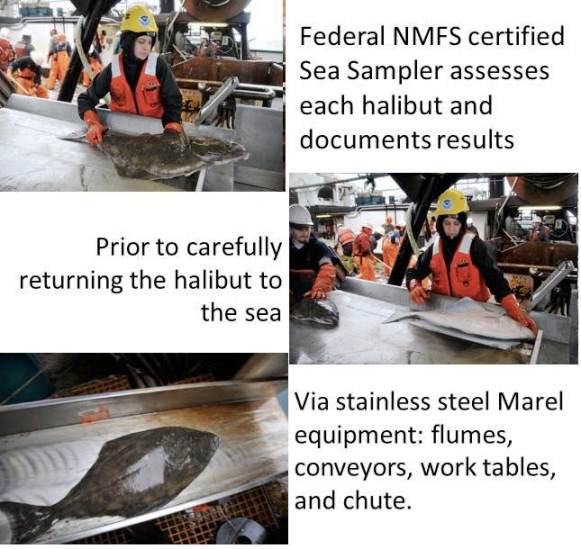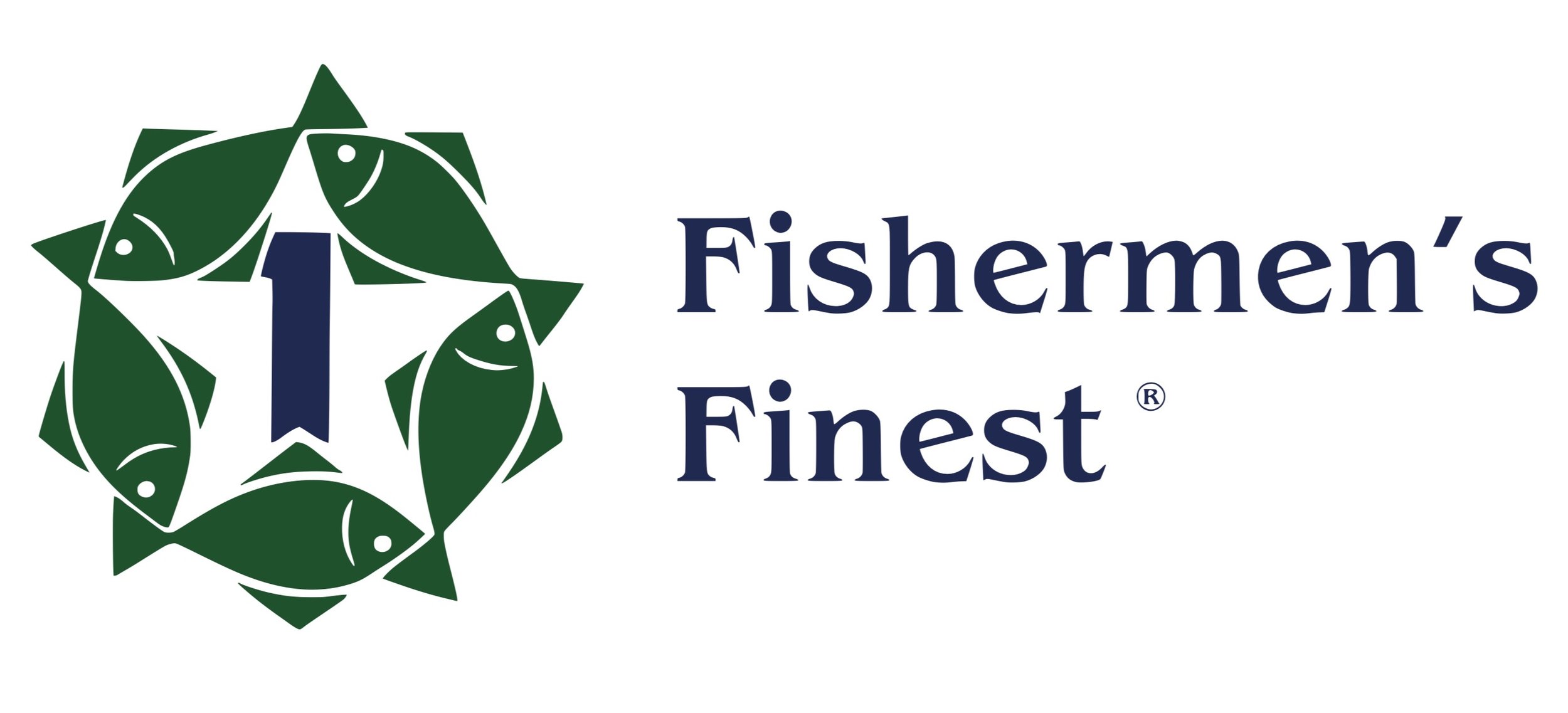Intrepid Resource Stewards
Fishermen’s Finest is committed to the stewardship of our nation’s resources. We support seafood sustainability and the precautionary resource management programs developed by our industry and the North Pacific Fisheries Management Council. One of these programs falls under the EFP (Exempted Fisheries Permit or as we call it, and Experimental Fishery) where we, as members of the Alaska Seafood Cooperative, with permission and in conjunction with the National Marine Fisheries Service, prosecute an EFP. Our objective for this EFP is to further evaluate ways to reduce halibut mortality rates on A.80 vessels. The F/V US INTREPID has taken trip 35 this year to participate in EFP permit 2012-1, as assigned by James W. Balsiger ph.D, Administrator Alaska Region NMFS.
Both the AMERICAN NO.1 and US INTREPID are members of the Amendment 80 Sector and the Alaska Seafood Coop (AKSC). For trip 35 of 2012, we have assigned the US INTREPID to participate in Exempted Fisheries Permit (or Experimental Fishery) 2012-1.
The AKSC operates under Amendment 80 to the Bering Sea and Aleutian Island Fishery Management Plan. A.80 allocates target species allowances and prohibited spp. caps (PSC) to coops. PSC management regulations and particularly halibut PSC have traditionally constrained yields in flatfish fisheries and other non-pollock Bering Sea trawl fisheries.
One goal of the AKSC is to minimize prohibited spp. bycatch through research collaborations on gear modification and bycatch reduction programs so that available yields of target fish can be maximized. This EFP is one way to determine if catch practices and handling can improve halibut mortality and PSC.

Pictured above, the F/V US Intrepid enters Captains Bay on Labor Day, just prior to the start of the EFP
To reduce halibut bycatch, coop members have been utilizing two approaches:
- Participating in Coop bycatch avoidance program as directed by Sea State, Inc.
- Utilizing EFP's and other research to develop gear modifications to nets, called excluders.
Although significant progress has been made to control halibut bycatch with excluders, further reduction in halibut bycatch or mortality is desirable if it can be shown to be feasible.
A simple overview from one fisherman's perspective of what we're doing aboard our boat with the aid of photos from sea:

From this point on, the NMFS certified Sea Samplers, as supervised by the EFP Manager assess each fish, document the information, and carefully return the fish to the sea.

The EFP will evaluate for the feasibility of changing fishing practices to minimize stress on halibut.
This is the proactive approach Fishermen's Finest and the Alaska Seafood Cooperative take in working diligently to improve our fishing practices and be good stewards of our nation's resources.
Watch for more information to come by way of reports to the North Pacific Fishery Management Council and updates from Jason Anderson and John Gauvin at the AKSC.
Fishermen's Finest, Alaska Seafood Cooperative, Seastate, and NMFS ~ a team of excellence consisting of industry, management, and science.
